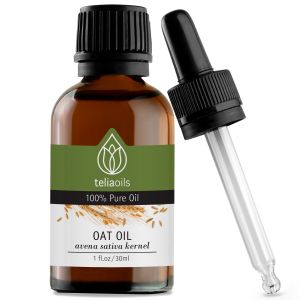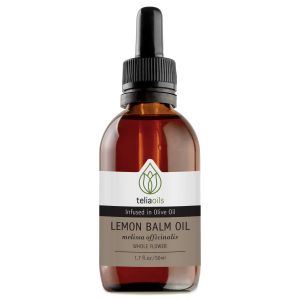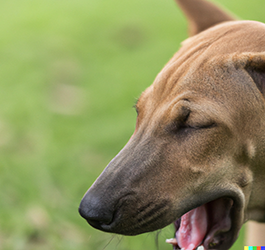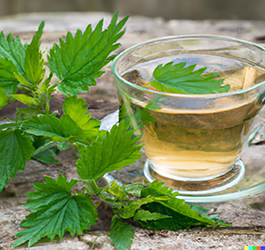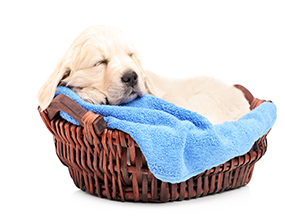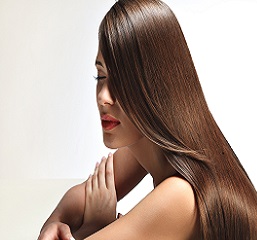Does Anxiety Cause Sensitive Scalp? - Exploring the Connection Between Anxiety and Scalp Sensitivity
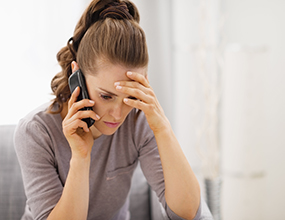
Anxiety is a common mental health issue that can show itself in various physical symptoms, including headaches, muscle tension, and digestive problems. But can anxiety also cause a sensitive scalp? In this article, we will explore the potential connection between anxiety and scalp sensitivity, and provide tips for managing anxiety-induced scalp discomfort.
Anxiety and Scalp Sensitivity: The Connection
While anxiety may not directly cause scalp sensitivity, it can increase existing scalp conditions or contribute to behaviors that lead to sensitivity. For instance, anxiety can cause increased muscle tension in the neck and scalp, leading to discomfort and tenderness. Additionally, anxiety can contribute to compulsive behaviors like hair pulling or excessive scratching, which can irritate the scalp and cause sensitivity.
Stress-Induced Hair Loss
Anxiety and stress can also lead to hair loss, specifically a condition called telogen effluvium. This condition occurs when many hair follicles are pushed into the resting phase prematurely, leading to increased hair shedding and, in some cases, scalp sensitivity. While the scalp sensitivity in this case is not a direct result of anxiety, stress control is crucial for addressing the underlying issue and promoting hair and scalp health.
Managing Anxiety-Related Scalp Sensitivity
If you suspect your scalp sensitivity is related to anxiety, consider implementing the following strategies:
Practice stress control techniques: Engage in regular stress-reduction activities, such as mindfulness meditation, yoga, deep breathing exercises, or journaling, to help manage your anxiety levels and alleviate physical symptoms.
Maintain a balanced diet: A well-balanced diet can play a decisive role in promoting overall mental and physical health. Ensure you are consuming a variety of nutrient-rich foods, including fruits, vegetables, lean proteins, and whole grains, to support your body's ability to cope with stress.
Seek professional help: If anxiety is causing significant distress or interfering with your daily life, consider seeking the help of a mental health professional who can provide guidance and support.
Adopt a gentle hair care routine: Choose gentle, fragrance-free hair products, avoid tight hairstyles, and minimize heat styling to help alleviate scalp sensitivity. Additionally, treat your scalp to a soothing massage or use calming ingredients like aloe vera or chamomile to help reduce irritation.
Rule Out Other Causes of Scalp Sensitivity
While anxiety can contribute to scalp sensitivity, it is essential to rule out other potential causes, such as skin conditions, infections, or contact dermatitis. Consult a dermatologist or healthcare professional for an accurate diagnosis and personalized treatment plan if your scalp sensitivity continues or worsens.
Anxiety may not directly cause scalp discomfort, but it can contribute to physical symptoms and behaviors that lead to scalp sensitivity. By managing your anxiety levels and adopting a gentle hair care routine, you can help alleviate anxiety-related scalp sensitivity. Remember to consult a healthcare professional if your symptoms persist, as they can provide guidance and support in addressing the root cause of your anxiety and scalp sensitivity. With proper care and attention, you can achieve a healthier, more comfortable scalp.

 de
de el
el
